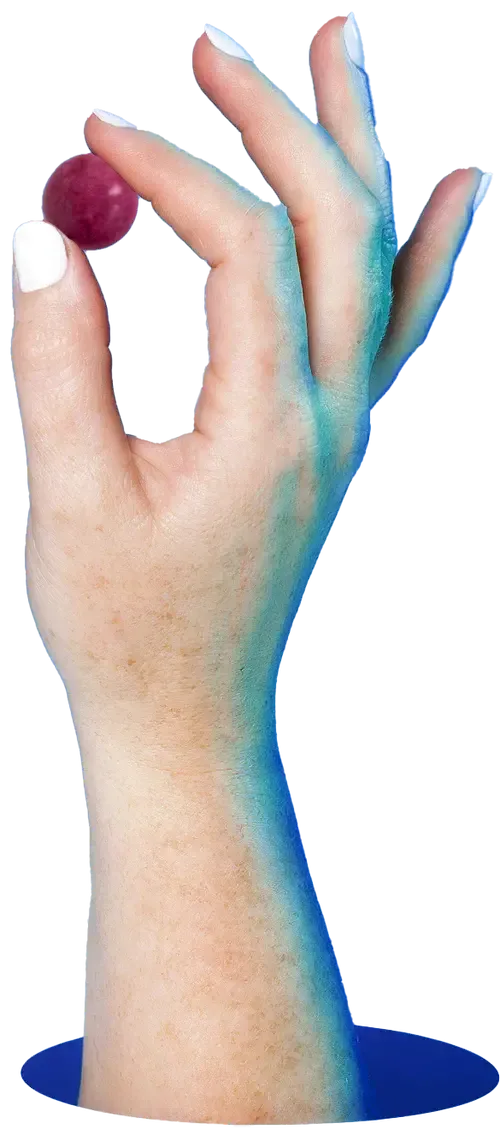
Good Day Chocolate is making some exciting updates!
Excuse a little downtime while we relaunch new portions of our website!
We are super excited to be able to start offering:
- Subscriptions
- Expanded Product Line
- AI Chat Assistant
- More

Come join the Good Day Family
Say no more, hit me with your best:

Questions, concerns, or love notes
Press inquiries or questions
Product donation requests
(775) 284-9200
405 Edison Way
Reno, NV 89502






